##24/7 VALENCIA: COULD YOU TELL US MORE ABOUT THE EXHIIBTION?
FRANCISCO RUBIO DAMIÁN (DIRECTOR OF THE CASTLE OF SAN PEDRO DE JACA): “Dr. María Gómez presents a new look at the Holy Chalice and the Way of the Holy Grail in the Citadel of Jaca.
For the first time in history, the Holy Chalice of the Cathedral of Valencia is the main subject of a pictorial exhibition.
Dr. María Gómez Rodrigo is going to carry out, once again, a historic milestone in the world panorama of the plastic arts this coming 29th of March.
We are in luck because it is the first time that, from the world of art, the most sought-after relic of the Western Middle Ages, the Holy Grail, has been represented as the sole protagonist of a canvas, of a painting, of a plastic image.
Born in Aragon, Dr. María Gómez Rodrigo has amply demonstrated her exquisite knowledge of the most complicated and difficult pictorial techniques in the restorations she has carried out throughout her career in Valencia Cathedral.
After months of work, his work is presented in the Citadel of Jaca. A fortress built in the 16th century in the capital of La Jacetania. All this sponsored by Colonel Francisco Rubio Damián, Director of the Castle of San Pedro de Jaca and Rebeca Ruiz, vice-president of the Cultural Association The Way of the Holy Grail.
As we have already mentioned, this unique space will be the setting, between 29 March and 9 May, for the exhibition of painting and sculpture Jacetania. Route of Knowledge. Path of Peace, by the Aragonese artist Dr. María Gómez.
The exhibition by Dr. María Gómez is the starting point of a much wider transnational cultural project, of an itinerant nature and international vocation, which will begin in Spain and is expected to be developed in the coming years in other parts of Europe, Latin America and the Middle East, with the common thread of the Way of the Holy Grail, the Route of Knowledge, the Way of Peace.
Dr. María Gómez’s exhibition is part of the actions developed since its creation in 2002 by the Cultural Association The Way of the Holy Grail for the enhancement, promotion and projection of the route.
All the municipalities along this route represent the route along which the Holy Chalice passed from the Royal Pantheon Monastery of San Juan de la Peña, where it was kept for centuries, to the Cathedral of Valencia.
“The story of the Holy Grail is the most important cultural and touristic element of the Aragonese territory that exists at the moment. It is a real resource for the social, cultural and economic development of all the towns that make up its route”, says Dr. Ana Mafé García, president of the Association.
In the second Jubilee Year of the Holy Chalice of the Cathedral of Valencia 2020-2021, the relevance of the route that the enigmatic relic travelled through the lands of Aragon makes more sense than ever. And La Jacetania claims to be a Grail Territory.
Dr. María Gómez is recognised as the leading European expert in the restoration of burnt paintings. She is an advisor to the Scientific Committee of the Royal Monastery of Santa María de Sijena (Huesca) and is also the vice-president of the International Scientific Commission for the Study of the Holy Grail. She is the alma mater of the international exhibition Jacetania. Ruta del Conocimiento, Camino de la Paz, which will be on display this spring in the Citadel of Jaca. Her work as a lecturer in the Department of Art History at the Faculty of Geography and History of the University of Valencia has led her to direct the Art History Laboratory.
The exhibition Jacetania. Route of Knowledge. Camino de la Paz will present a collection of unpublished paintings and drawings made expressly for this exhibition, in which the main enclaves where the Holy Chalice was kept take centre stage. These include Bailo, Sasabe, Siresa and San Juan de la Peña, without forgetting Jaca, capital of La Jacetania.
This series is completed with recreations of the sacred relic seen through different pictorial styles. “New forms of the object emerge, where the figurative is reconverted into avant-garde styles and a very personal interpretation”, says Dr. María Gómez.
The exhibition also includes a group of sculptures made up of large-format pieces with a strong emotional charge.
In short, we will be lucky enough to be able to enjoy a surprising exhibition that becomes a tribute to the Holy Grail, to Jaca, to La Jacetania and to its historical and cultural legacy. In a unique and incomparable setting, the Castle of San Pedro, the Citadel of Jaca.”
Related Post
This site uses Akismet to reduce spam. Learn how your comment data is processed.


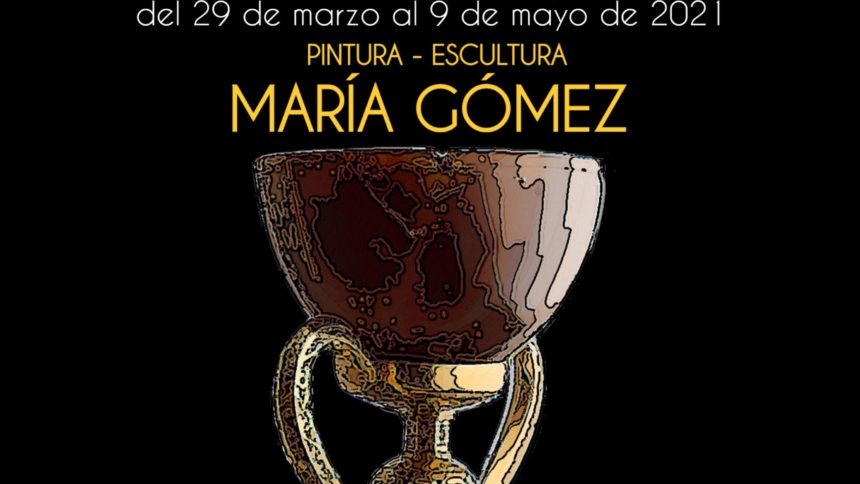
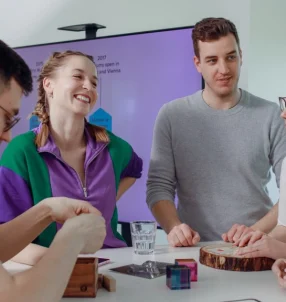
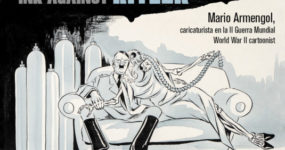
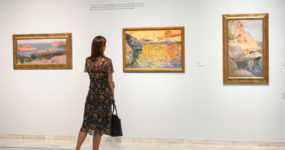
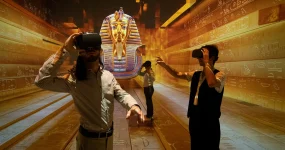
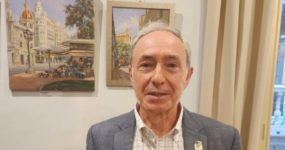
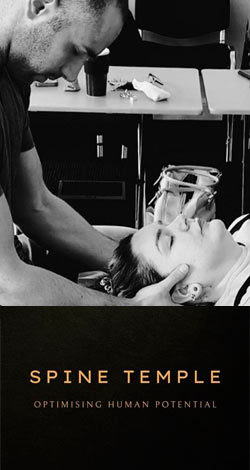
















Leave a comment